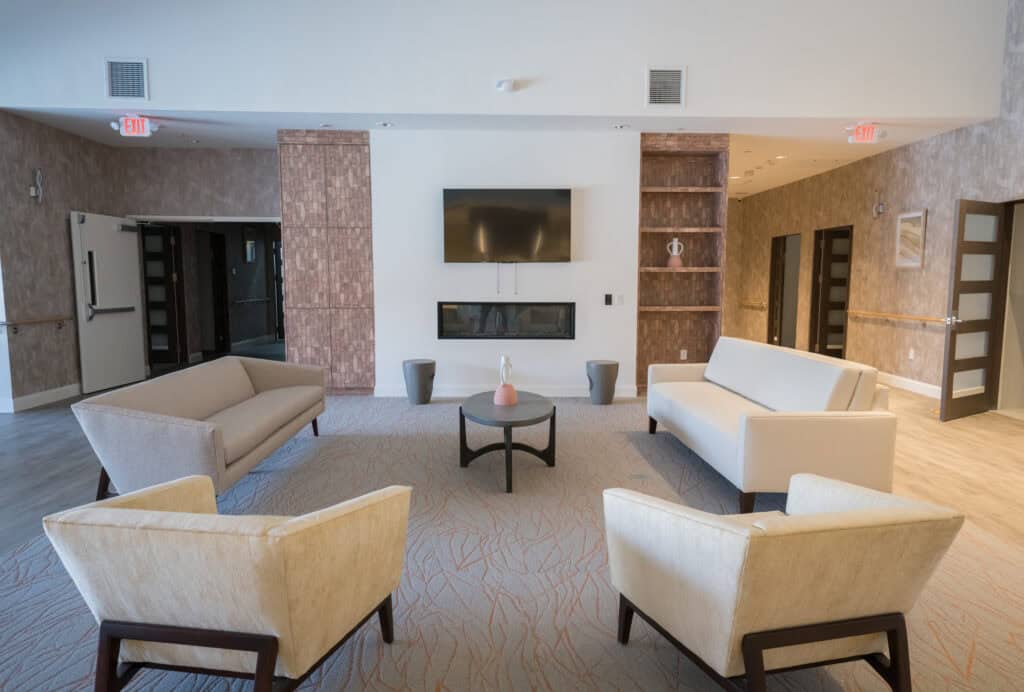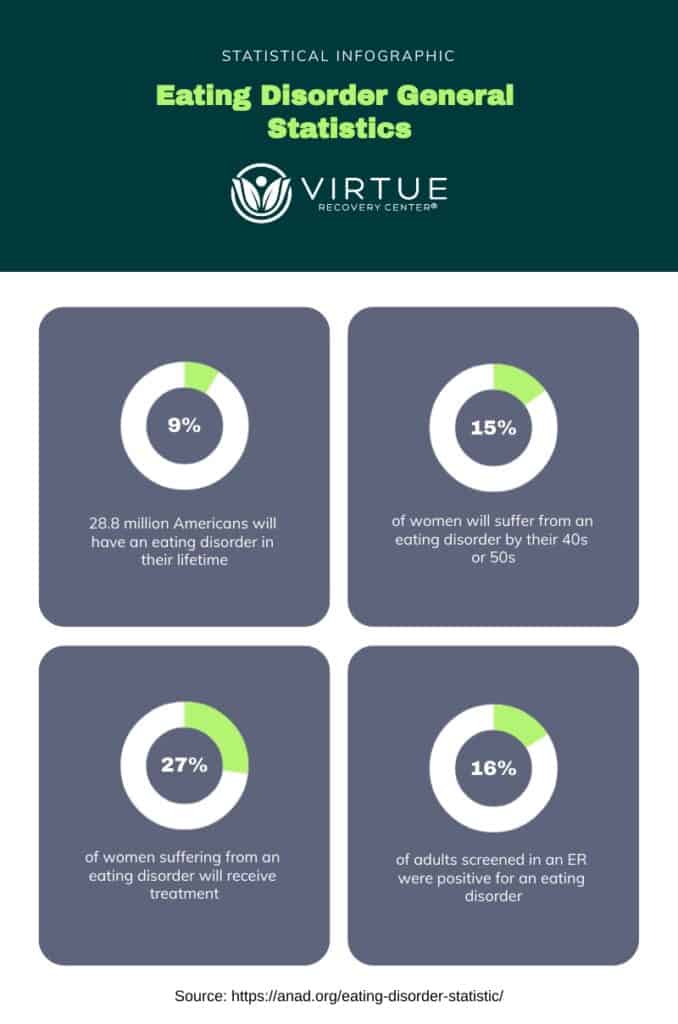What is ARFID (Avoidant / Restrictive Food Intake Disorder)?
ARFID stands for Avoidant/Restrictive Food Intake Disorder. It’s an eating disorder where people avoid or restrict certain foods because of issues like fear of choking, disgust with certain textures, or not feeling hungry. Unlike other eating disorders, ARFID is not about body image or weight concerns. Instead, people with ARFID often limit their food intake due to sensory issues, trauma, or negative experiences with food.
ARFID can lead to serious health problems because the body doesn’t get enough nutrients. This can cause weight loss, nutritional deficiencies, and other medical complications. Many people with ARFID also experience anxiety or fear around food, which can make everyday activities like eating with others challenging. With proper treatment, however, people with ARFID can learn to overcome their fears and start developing a healthier relationship with food.


















